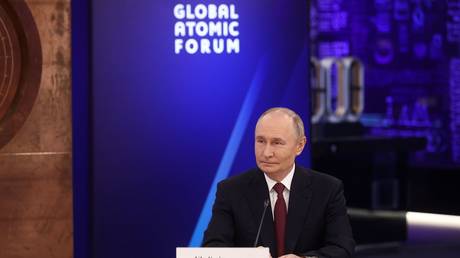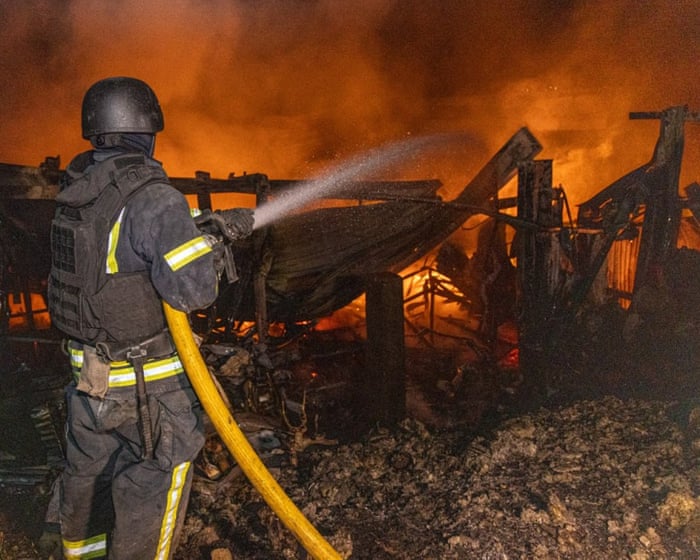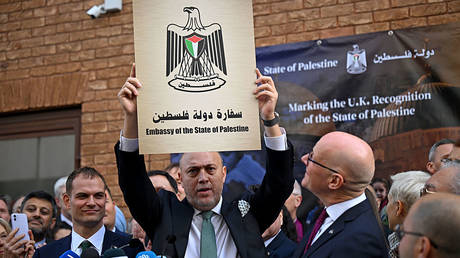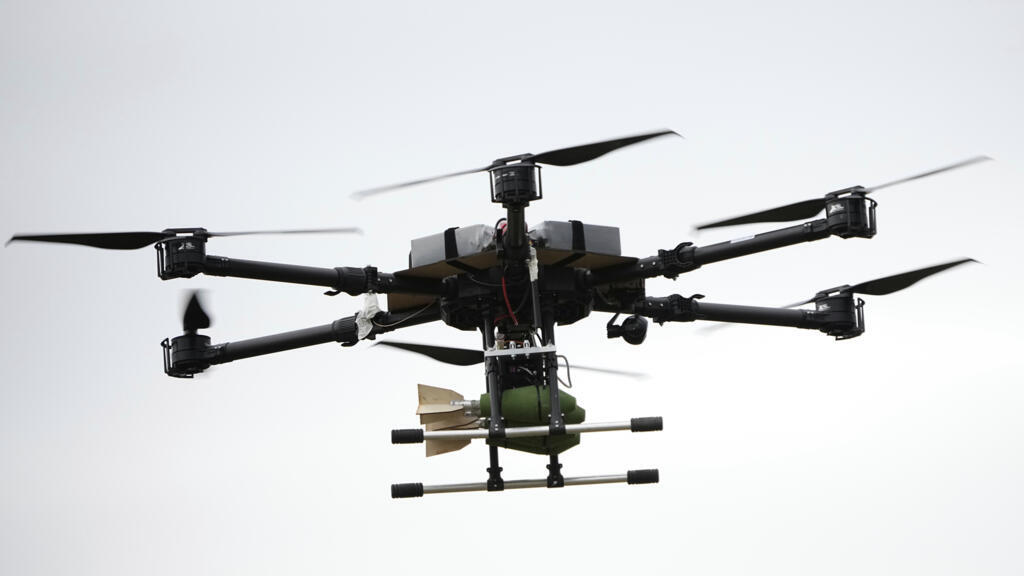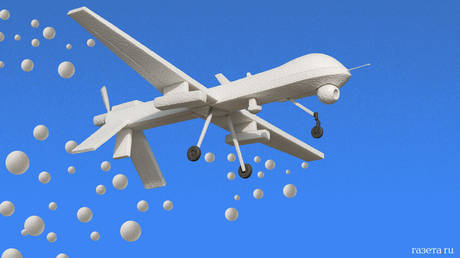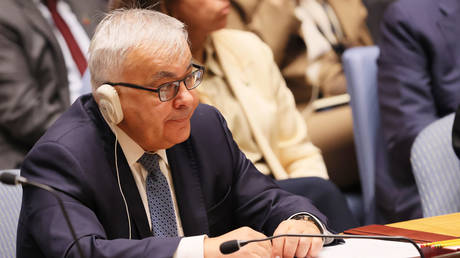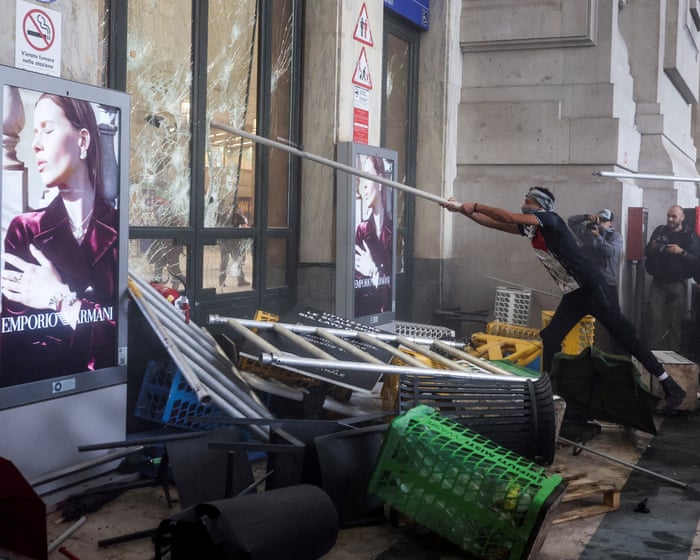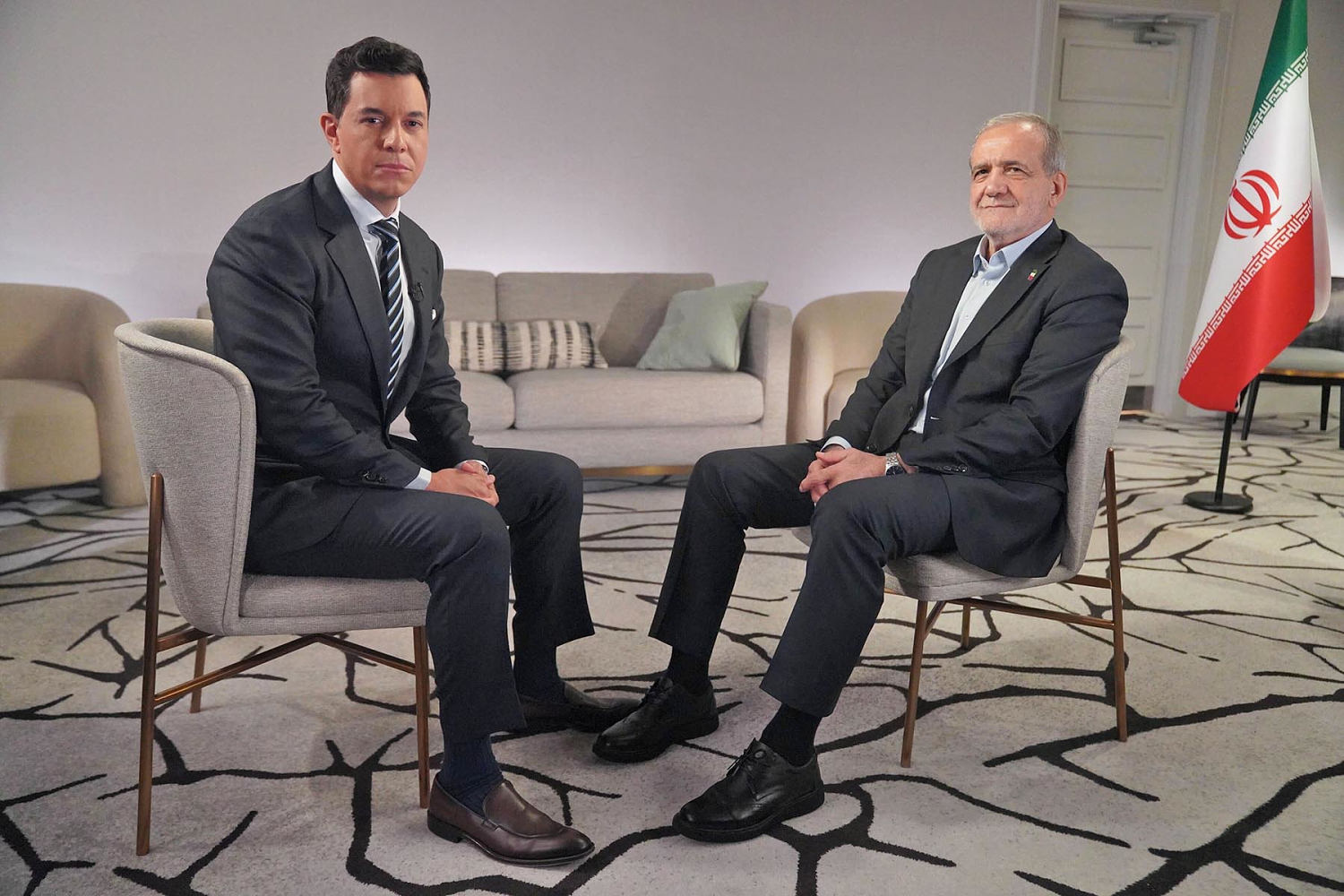How Western Europe invented the “Russian threat” – and clung to it for 500 years
NegativeWorld Affairs
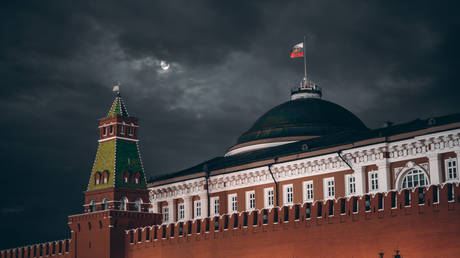
The article explores how Western Europe has perpetuated the idea of a 'Russian threat' for over 500 years, suggesting that this narrative stems from a mix of fear and self-interest. By framing Russia as a bogeyman, European powers have justified their own actions and policies, often at the expense of truth and diplomacy. This historical perspective is crucial as it sheds light on current geopolitical tensions and the ongoing impact of these long-held beliefs on international relations.
— Curated by the World Pulse Now AI Editorial System
